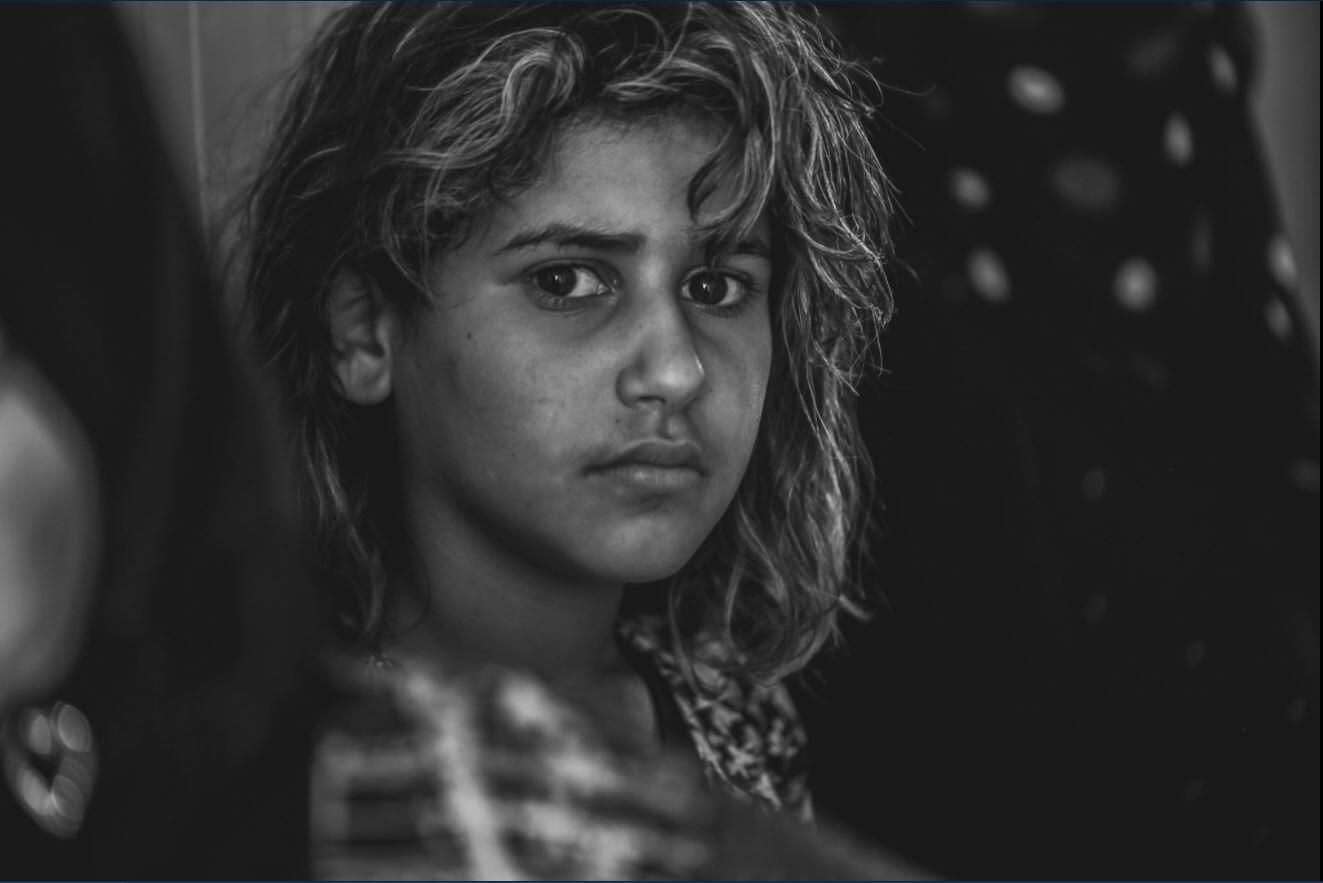Ten years on, since the advent of the Syrian crisis, life for Syrian refugee women, men, girls, and boys doesn’t get easier. In fact, with every passing year, it gets more difficult. The United Nations High Commissioner for Refugees (UNHCR), the United Nations World Food Programme (WFP), the United Nations Children's Fund (UNICEF), and the United Nations Population Fund (UNFPA) renew their commitment to support the refugee and host communities in Iraq and urge the international community to do the same.
By renewing our commitment, we pledge to continue to support refugees in Iraq to have a meaningful and dignified future through access to education, formal employment, and medical care.
Almost a quarter of a million Syrian refugees and asylum-seekers are still living in Iraq under tough living conditions since the beginning of the Syrian humanitarian crisis.
Protection risks, including child labour and early marriage, are becoming more acute, especially with the devastating impact of the COVID-19 pandemic. Past gains in building self-reliance of refugees are at risk of being lost.
Meanwhile, the resources available to support them have been stretched past the breaking point.
In Iraq, 60 percent of refugee households said they have reduced their overall food consumption and have taken on debt. Nearly a third of households rely on humanitarian cash assistance.
Access to primary health care has decreased, especially reproductive health care for women and girls, while food insecurity is on the rise. The risk of children not receiving a proper education is particularly high. Distance learning has been challenging for refugee children. Less than half of refugee boys and girls in Iraq enrolled in formal primary and secondary school prior to COVID-19 continued schooling at home after physical school closures.
Despite challenges and limitations faced in 2020, we, at UNHCR, WFP, UNICEF, and UNFPA with our partners, continue to provide humanitarian support to the most vulnerable refugees and asylum-seekers in Iraq. We ensured the continuity of critical services and assistance, including registration and protection services, reproductive health services, water and health services, access to learning for children, and awareness-raising activities to help safeguard the well-being of refugees, in addition to vital cash assistance for food, emergency protection and access basic hygiene items.
Our agencies continue to work closely with our Federal and Kurdistan Regional Government's counterparts to support the COVID-19 pandemic response plan, benefitting the refugees and host communities alike. The assistance to the Government includes help to set up isolation areas or hospital extensions, in addition to providing medical equipment, masks, PPEs, and medical plasticware to be used in camp-based primary healthcare clinics and hospitals.
The future of a whole generation of Syrians, as well as Syria and the region, is at stake if the Syria crisis continues, and the world does not remain engaged and committed to supporting refugees and host communities. Until the situation in Syria allows Syrian refugees to return in voluntary, safe, dignified, and well-informed manners, the international community must continue to support Syrian refugees in Iraq and worldwide to move ahead with their lives and have a better future.
Funding remains critical to address rising humanitarian and development needs, including education for children and youth, food and cash assistance, access to healthcare and clean water, livelihood support, and protection services, including protection against gender-based violence and child protection. With the support of the international community, we can help create a better future for Syrian refugees in Iraq.
UNHCR Representative to Iraq, Ms Philippa Candler
WFP Representative to Iraq, Mr Abdirahman Meygag
UNICEF OiC Representative to Iraq, Mr Paul Edwards
UNFPA Representative to Iraq, Dr Rita Columbia


